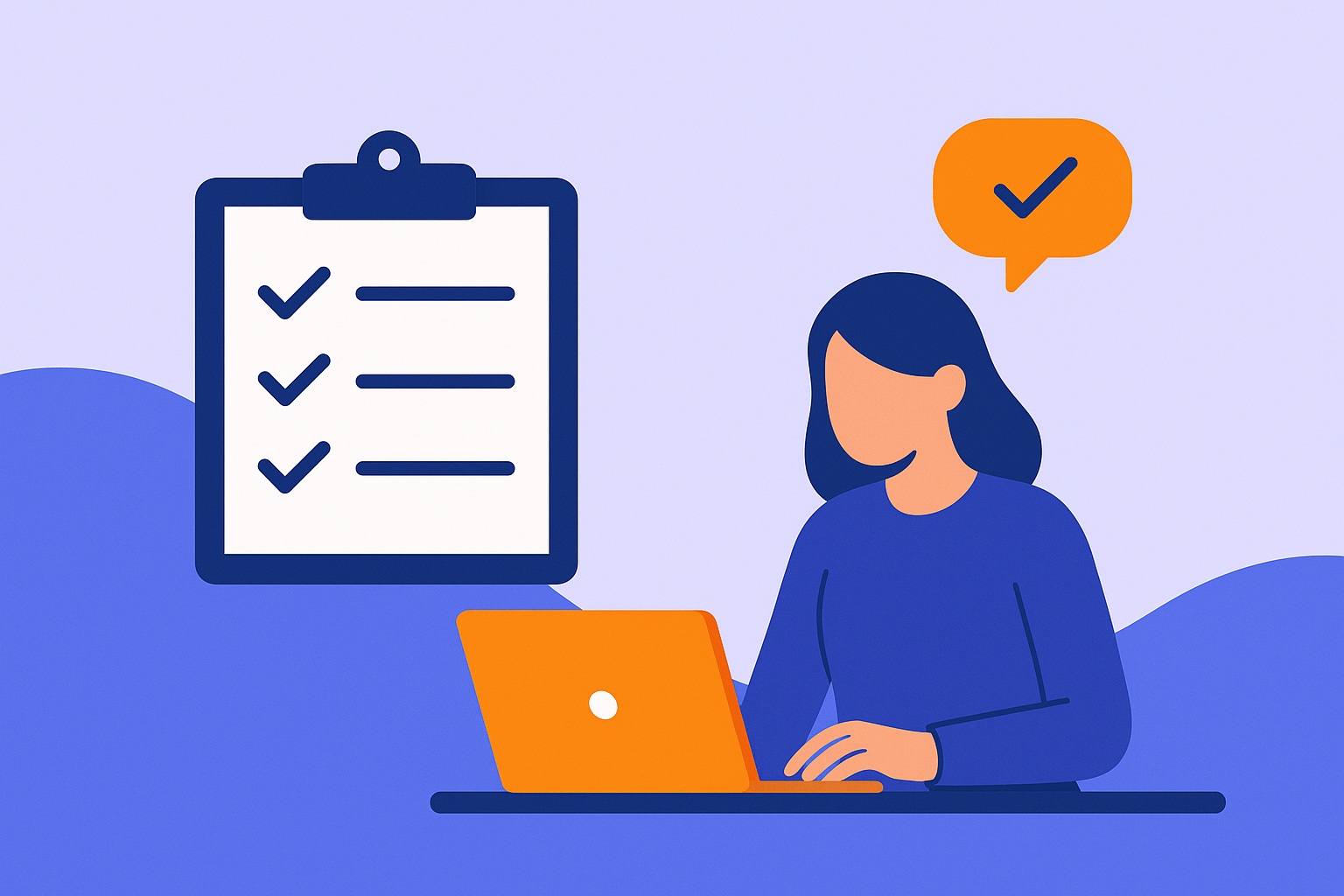Employee benefits are no longer limited to health insurance, retirement savings, and the occasional team lunch. Today’s workforce expects benefits that reflect their lives outside of work — supporting wellbeing, lifestyle, and personal growth.
That’s where lifestyle benefits platforms come in. They help employers offer flexible, personalized perks that resonate with every employee, from the new graduate to the working parent. But with more platforms emerging, how do you know which one is right for your company?
Here’s what to look for when choosing a lifestyle benefits platform.
1. Flexibility That Fits Your Workforce
Every team is made up of individuals with unique needs. A one-size-fits-all solution won’t cut it. Look for a platform that:
- Lets employees choose their own benefits rather than dictating options.
- Covers a wide range of categories — wellness, family, professional development, commuting, and more.
- Scales with your team as it grows, without complicated add-ons or hidden costs.
👉 A strong platform gives employees autonomy while making it easy for HR to manage.
2. Ease of Use for Everyone
The last thing HR leaders need is another clunky system. Your platform should feel intuitive for both employees and admins. Ask:
- Is the interface simple and mobile-friendly?
- Can employees see their balance and spending options in real time?
If it feels like a headache to set up, adoption rates will suffer.
3. Alignment With Your Company Culture
Benefits send a powerful message about what your company values. The right platform should help you:
- Reinforce a culture of care, recognition, and respect.
- Support your DEI initiatives by offering options that reflect different lifestyles.
- Create a consistent, branded experience that employees are proud to use.
Think of lifestyle benefits as an extension of your company’s employee experience strategy.
4. Transparency & Cost Control
Flexibility shouldn’t mean unpredictable costs. Look for a platform that:
- Gives you clear visibility into spending and budget usage.
- Allows you to set limits that align with your budget.
- Provides reporting that helps you see ROI on employee engagement and retention.
The best platforms give you control without sacrificing employee choice.
5. Real Impact on Engagement & Retention
At the end of the day, benefits are about people — not checkboxes. A lifestyle benefits platform should:
- Encourage meaningful recognition and appreciation.
- Support wellbeing, reducing stress and burnout.
- Help your organization stand out in a competitive talent market.
If a platform can’t demonstrate measurable impact, it’s not worth the investment.
Why LIVD Is Different
At LIVD, we believe lifestyle benefits should be personal, simple, and impactful.
Our Lifestyle Spending Accounts (LSAs) empower employees to choose perks that actually matter to them — whether that’s fitness equipment, a special treat for your dog, or a meal subscription kit, among countless other options.
With an easy-to-use platform, transparent pricing, and flexible categories, LIVD makes it effortless for companies to reward, recognize, and retain their people.
Final Thought
Choosing a lifestyle benefits platform isn’t just about checking a box — it’s about creating a benefits experience that employees feel in their everyday lives.
When you invest in the right platform, you’re not just offering perks — you’re showing employees that they matter.

